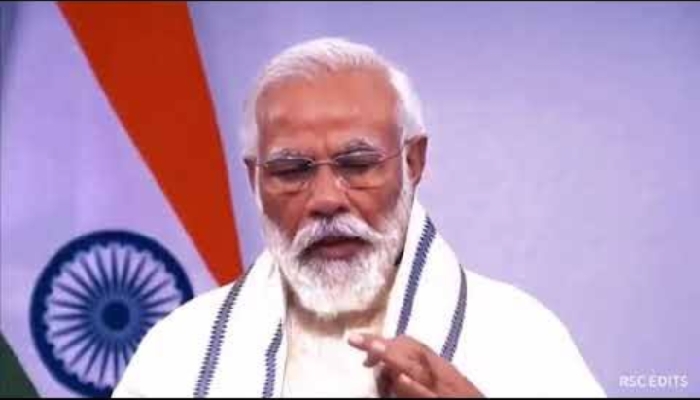Search
Recite Hanuman Chalisa 5 times a day to eradicate Covid-19: Pragya Thakur
News Network
July 26, 2020
Bhopal, Jul 26: BJP MP Pragya Singh Thakur on Saturday appealed people to recite the Hanuman Chalisa five times a day till August 5, which she believes will rid the world of the coronavirus pandemic.
`Bhoomi pujan’ or the ground-breaking ceremony for the construction of Ram temple at Ayodhya is to take place on August 5.
“Let us all of us together make a spiritual effort to wish people good health and end the coronavirus epidemic.
Recite ‘Hanuman Chalisa’ five times a day at your home from July 25 to August 5,” the Bhopal MP tweeted.
“Conclude this ritual by lighting lamps on August 5 and offering ‘aarti’ to Lord Ram at home,” she added.
She also shared a video on Twitter, in which she said the BJP government in Madhya Pradesh is making efforts to contain the spread of coronavirus by imposing lockdown in Bhopal till August 4.
“Though the lockdown will be over on August 4, this ritual (recitation of the Hanuman Chalisa, a hymn in praise of Lord Hanuman) will end on August 5, when ‘bhoomi pujan’ for Ram temple in Ayodhya will be performed. We will celebrate that day like Diwali,” she added.
“When people... Hindus from across the country recite the ‘Hanuman Chalisa’ in one voice, it will definitely work and we will be free from coronavirus...This is your prayer to Lord Ram,” said Thakur.






Comments
Add new comment